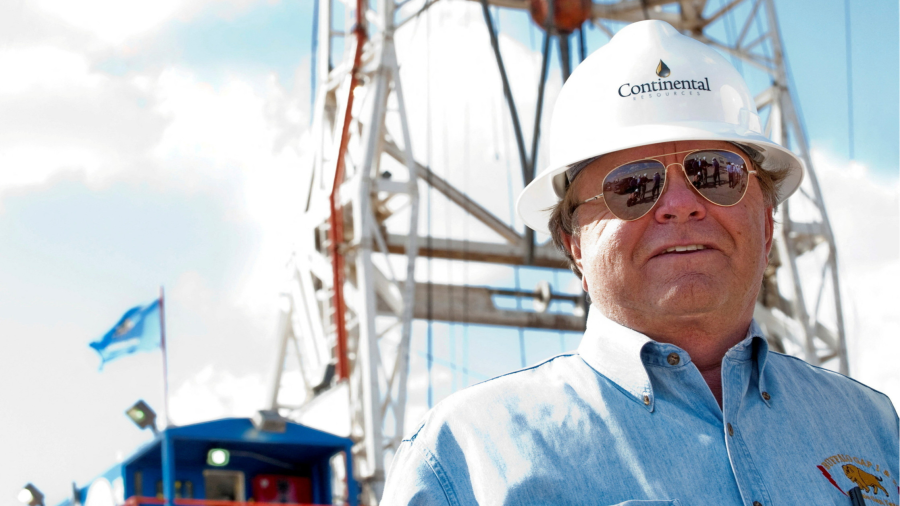
If there is one thing all billionaires understand, it is the power of other people’s money. On Monday, Continental Resources announced that it had reached an agreement with its founder, chief executive and controlling shareholder, Harold Hamm. Hamm offered in June to buy out the 17 per cent of the company held by public shareholders.
Notable in his announcement was his intention to fund the $4bn he requires partly from Continental’s existing cash balance as well as raising new debt. The press release made no mention of Hamm coughing up any of his own cash.
Back in June, the billionaire had said that public investors had become myopic, emphasising positive cash flow over production growth at high oil prices. But as the sole private shareholder, Hamm can drill, drill, drill to his heart’s content.
His privatisation proposal is, however, not just about his strategic vision and views on valuation. It also contains his calculation of how much leverage the family business can support.
In June, Hamm offered $70 per Continental share. Four months later, the independent directors of the company agreed a price of $74.28, which implies a 15 per cent premium over where Continental traded before the initial approach. Then the US oil benchmark, West Texas Intermediate, traded at around $120 per barrel. Crude has since dropped to below $90/barrel on worries about a global recession. Meanwhile, US producers have been reluctant to expand output as labour and other input inflation boost operating costs.
Not all investors agree with the price. One believes that Continental is worth more than $100/share and the modest bump in the offer from June may well disappoint other shareholders. Still, the shares of a group of seven rival US-listed independent drillers, including Hess, Coterra and EOG, on average have not moved much since the beginning of summer. Expecting a huge price lift seems hopeful.
Continental carries $6bn of gross debt and about $500mn of cash. Its net debt-to-ebitda ratio is under 1 times, so the incremental debt from the buyout does seem manageable, even if the company is at peak profitability. Assuming his buyout succeeds, though, Hamm will have to pony up his own money to fund his business in the future.
If you are a subscriber and would like to receive alerts when Lex articles are published, just click the button “Add to myFT”, which appears at the top of this page above the headline.